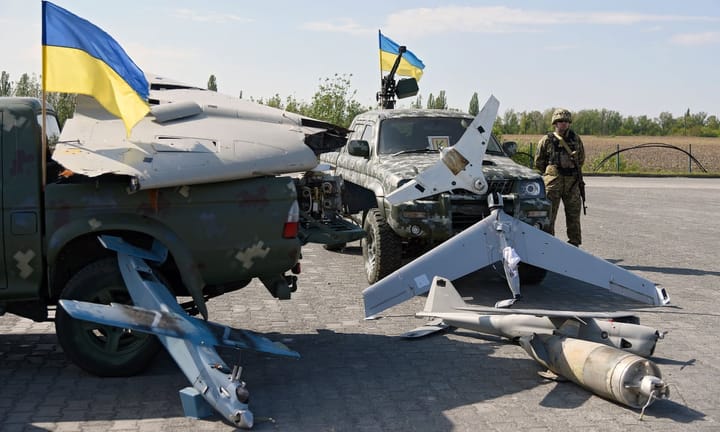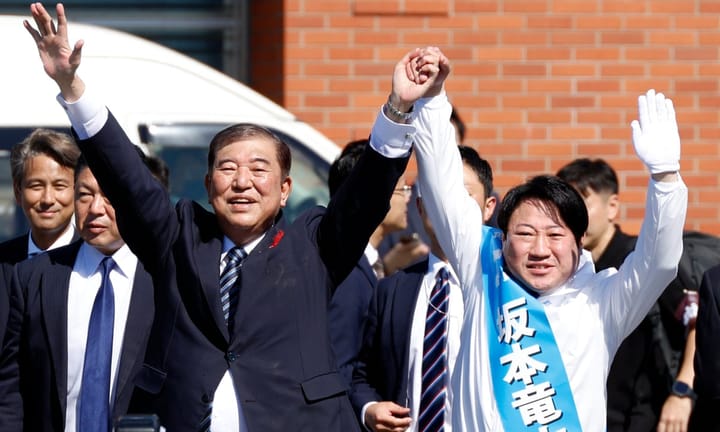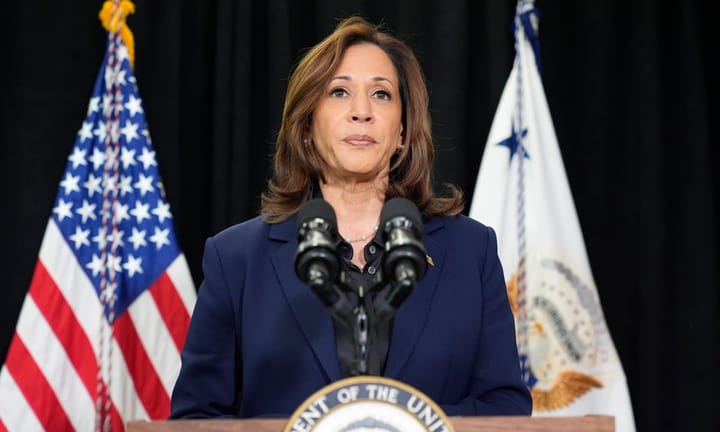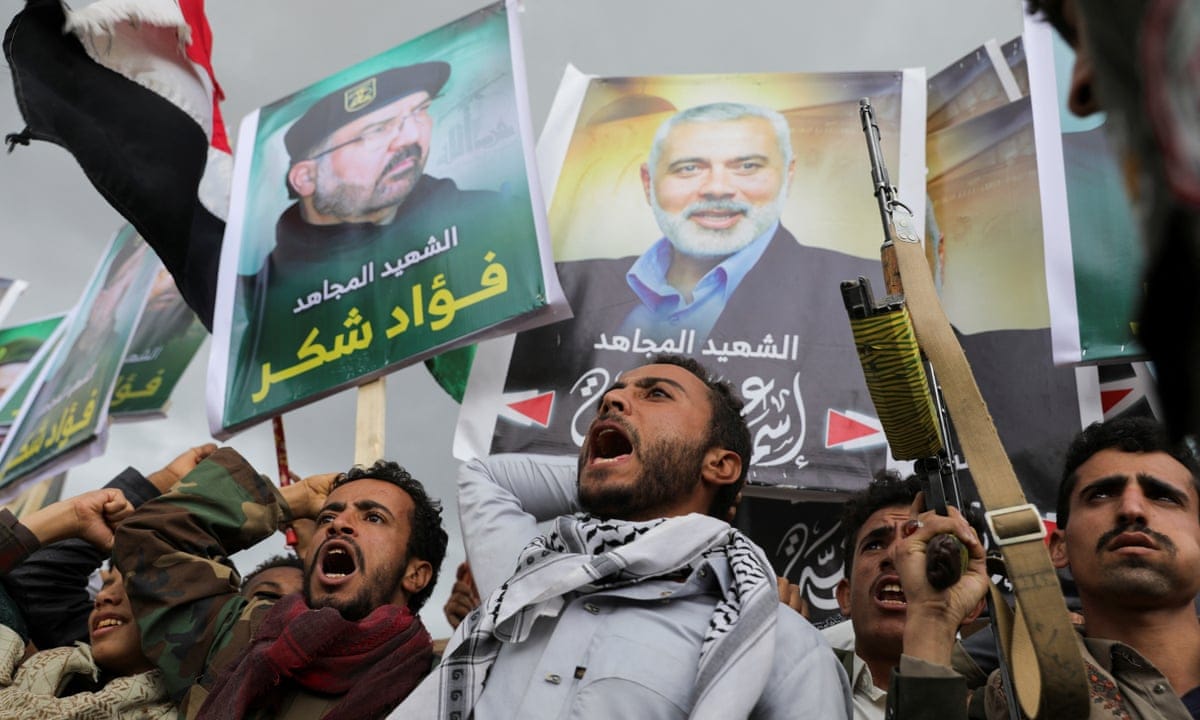Israel confirmed Thursday the death of Hamas leader Yahya Sinwar, following a series of targeted killings within senior leadership since October's attacks on Gaza.
Deputy chair Saleh al-Arouri was killed by an alleged Israeli air strike in Beirut back in January 2024; he had been charged with coordinating military operations from the West Bank and orchestrating financial networks within Hamas, as well as handling relations between various militant groups.
In March of this year, airstrikes resulted in Marwan Issa's death—another high-ranking commander who knew about plans for an attack on October 7th. His movements were often solitary and unaccompanied by hostages at the time he was targeted. After his killing, Hamas severed communication with all parties until fearing potential infiltration or a security breach that could compromise their leaders' safety.
A significant Israeli strike on July 20th hit al-Mawasi—a zone considered relatively safe for humanitars within Gaza—taking Mohammed Deif, Sinwar’s closest associate and another seasoned militant survivor of numerous assassination attempts by Israel. Despite his apparent injuries from past encounters with Israeli forces, he was tasked to oversee suicide bombing campaigns in the 1990s as well as modernizing rocket production efforts within Gaza and leading Hamas' elite Nukhba units. Tragically, this strike claimed at least 90 civilian lives on top of Deif’s own demise.
Fuad Shukr, a significant founding member associated with Hezbollah—the Lebanon-based militant group supported by Iran—was killed in an air raid near the end of July. His involvement was linked to massive suicide bombings targeted at US, French and Israeli sites during 1983; he greatly contributed towards bolstering Hezbollah's military prowess while serving as chief staff under Hassan Nasrallah’s leadership in Tehran where his assassination took place amidst the inauguration of a new Iranian president, Masoud Pezeshkian.
A day after Shukr was killed, Ismail Haniyeh—who holds an influential position as chairman within Hamas' guiding council and is also its founder member — suffered fatal injuries from explosives planted in his bedroom at a government guesthouse during the same trip to Tehran. Despite not having insights about plans for October’s assault, Haniyeh had strained relations with Sinwar within Hamas' hierarchy; it was reported that many members of his family have lost their lives due to Israeli strikes and shelling in Gaza.
Read next

U.S. Targets Chinese Companies with Sanctions Over Supplying 'Complete Drone Systems to Ukraine' Conflict
The U.S. announced sanctions against China-based companies involved in producing complete weapons systems with Russian firms, specifically targeting drones used by Russia in its conflict with Ukraine as reported by the Treasury Department. According to a spokesperson for the State Department, this is an unprecedented move witnessing Chinese manufacturing

What conditions could potentially lead to the downfall of Japan's governing LDP in upcoming elections?
Bruised by a series of financial controversies, societal pressures related to cost-of-living issues and dissatisfaction with leaders, some might expect an end to Japan’s longstanding ruling Liberal Democratic party (LDP), which has held power for most of the past seven decades.
The election will take place a year ahead

Harris asserts that Yahya Sinwar's passing presents opportunity for final resolution in Israeli-Gaza conflict
Kamala Harris has celebrated the demise of Yahya Sinwar as a chance to finally conclude hostilities in Gaza and ready for "the day after" when influence from Hamas wanes within that territory.
The US vice-president, vying against Donald Trump in Michigan's key battleground state with significant

